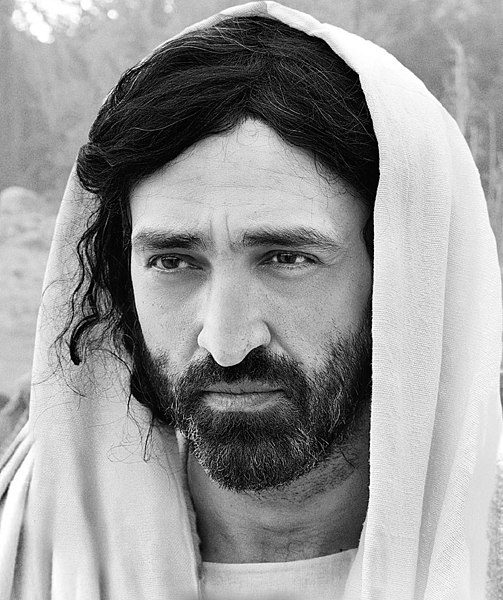Meriweather
Not all who wander are lost
- Oct 21, 2014
- 17,710
- 3,679
- 165
I do take a different approach to scripture--and, for that matter, for news. I am very much against taking one sentence/verse and jumping to a conclusion. As early as Jesus' sojourn in the desert after his baptism, we see him rejecting the position of political leader--and the Jews were expecting a political leader. The Samaritan woman at the well noted this as Jesus was speaking about those who worship God must worship God in Spirit and in truth. The Samaritan woman replied, "I know the one called the Anointed is coming, and when he comes, he will tell us everything." Jesus replied is was the Anointed.So even if Jesus did say what you're claiming He said, what is your point? Because what matters is what the scriptures say, not what some people think it says.
What happens with translations is that the word can be translated as messiah, anointed, Christ. Look at Jesus ministry: He was telling people about the ways of God and encouraging them to follow The Way. He was not gathering a following to take over worldly/political matters.
While Jews today see it differently, it is more than likely that the Jews of the time saw Herod's Temple as a rebuilding of the Second Temple--and connect this rebuilding to this expected Messiah. Jesus, on the other hand, told his Apostles the Temple would fall--and that didn't seem to cause Jesus any concern. Had a political Messiah risen at that time, the last thing he would have wanted was that Temple to be destroyed.
After the Temple fell, Jews said the prophesied Third Temple wouldn't be merely a rebuilding of an older Temple--it would have been rebuilt from start to finish. After all, Herod's rebuilding did not cause Second Temple sacrifices to cease being offered.
Selecting a single verse is called a "proof-text" and it is lazy research to reach a conclusion. There is an old adage that a conclusion is a point where it is thinking that concludes. I am merely pointing out there are many places where Jesus indicates political leadership (which was many Jews expected in the Messiah) was not what he was pursuing.
